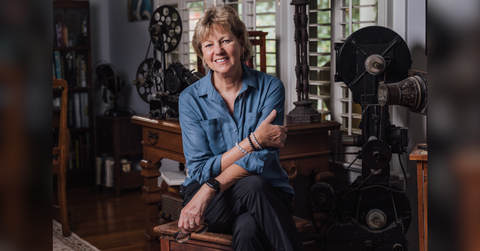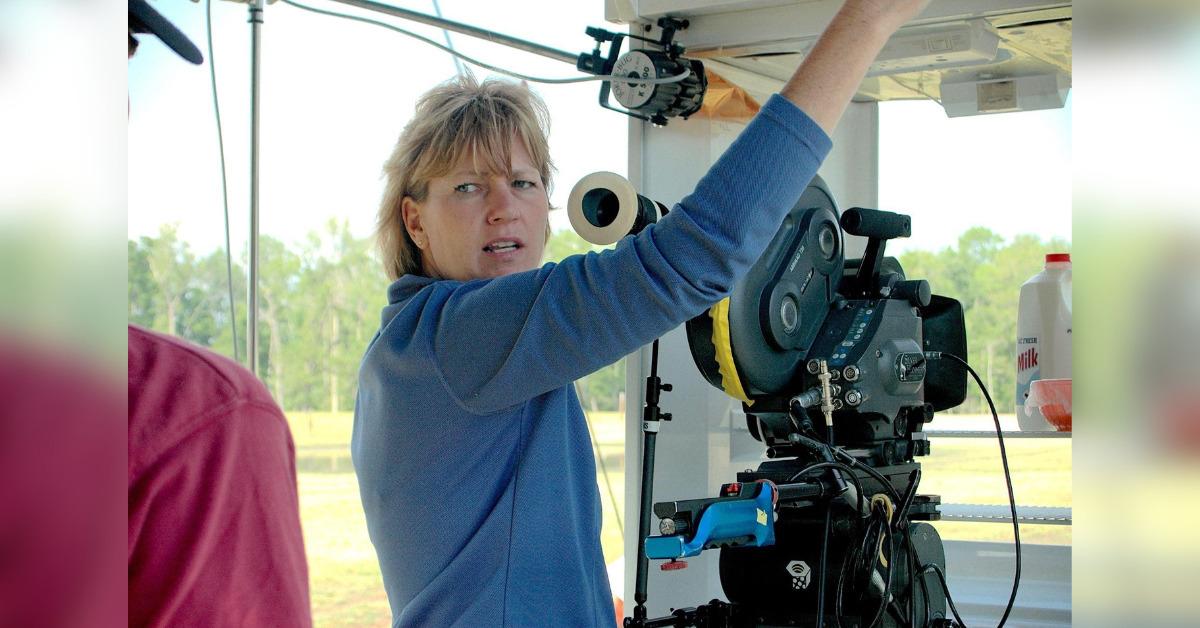 NEWS
NEWSThe Heart Behind the Lens: Joanne Hock and Her Cinematic Legacy

Oct. 14 2025, Published 1:21 a.m. ET
Filmmaking is about creating a connection between the storyteller and the audience. It’s about helping people feel something and walk away with a new perspective. For Joanne Hock, a screenwriter, director, and cinematographer, that connection is a guiding principle. It has shaped her long and flexible career, helping her learn from experience and become more intentional with each project.
Hock’s professional life started in creative work for advertising and broadcasting. She gravitated toward being behind the camera, directing and lensing projects, learning the technical and aesthetic aspects of filmmaking from academy award-winning directors of photography and motion picture directors. Over the years, she has taken on feature films, documentaries, episodic television, and short-form work, navigating both the creative and managerial sides of production.
Her body of work reflects a passion for various genres. Hock has created intimate documentaries like Purple Dreams (2017) and narrative features such as The Ultimate Legacy (2016) and When We Last Spoke (2019). Her experience also extends to serialized true-crime productions, where she reconstructs real events with dramatic precision. Her experience across different genres strengthens her overall approach, with each one adding depth to the others.

Want OK! each day? Sign up here!
That technical fluency and broad experience feed into Hock’s slate of screenplays. At present, she has four completed scripts seeking production partners. Three are based on true stories, while the fourth, Wednesdays at the Gem, is a work of historical fiction set in the American South. The film centers on an unlikely friendship between a precocious 10-year-old African American boy and a spirited white 19-year-old box office girl, who secretly organize late-night movie screenings for his community otherwise forbidden from cinematic experiences. With its themes of courage, connection, and the transformative power of storytelling, the project offers a compelling blend of heart and heritage.
Hock’s commitment to emotional depth and thematic richness draws from personal history and inherited memory. Stories her grandparents shared about their lives in theater and running grand movie palaces of the 1920s-1950s left a lasting impression, inspiring both the themes she explores and her deep appreciation for the traditions of cinema.
The themes she returns to, redemption, hope, and the moral complexity of ordinary lives, suggest a storyteller attracted to humane emotional arcs rather than sensational extremes. That orientation is also evident in her filmmaking practice. Hock says, “For me, editing is where everything comes together. It’s the final part where the story truly takes shape and the creative magic happens. It’s a three part process, the conceptual writing, the physical production all culminating in the edit suite.”
That sensibility, grounded in empathy and shaped by a reverence for storytelling, has also informed how she navigates the industry itself. Hock’s journey included moments of proving herself in spaces where women in filmmaking roles have historically been underrepresented.
“Early on, I often had to show people that women could handle a camera or lead a crew. It took patience and persistence,” Hock shares. Rather than dwell on the challenges, she highlighted the lessons that followed. “I learned about the value of discipline, the importance of building genuine connections, and the way experience smooths the rough edges of a long shoot day,” she adds.
Joanne Hock’s career reflects a deep commitment to emotionally rich storytelling across genres. From advertising to directing, her work centers on human complexity and cinematic connection. Hock brings empathy and authenticity to every project, positioning her as a distinctive voice in cinematic filmmaking.


